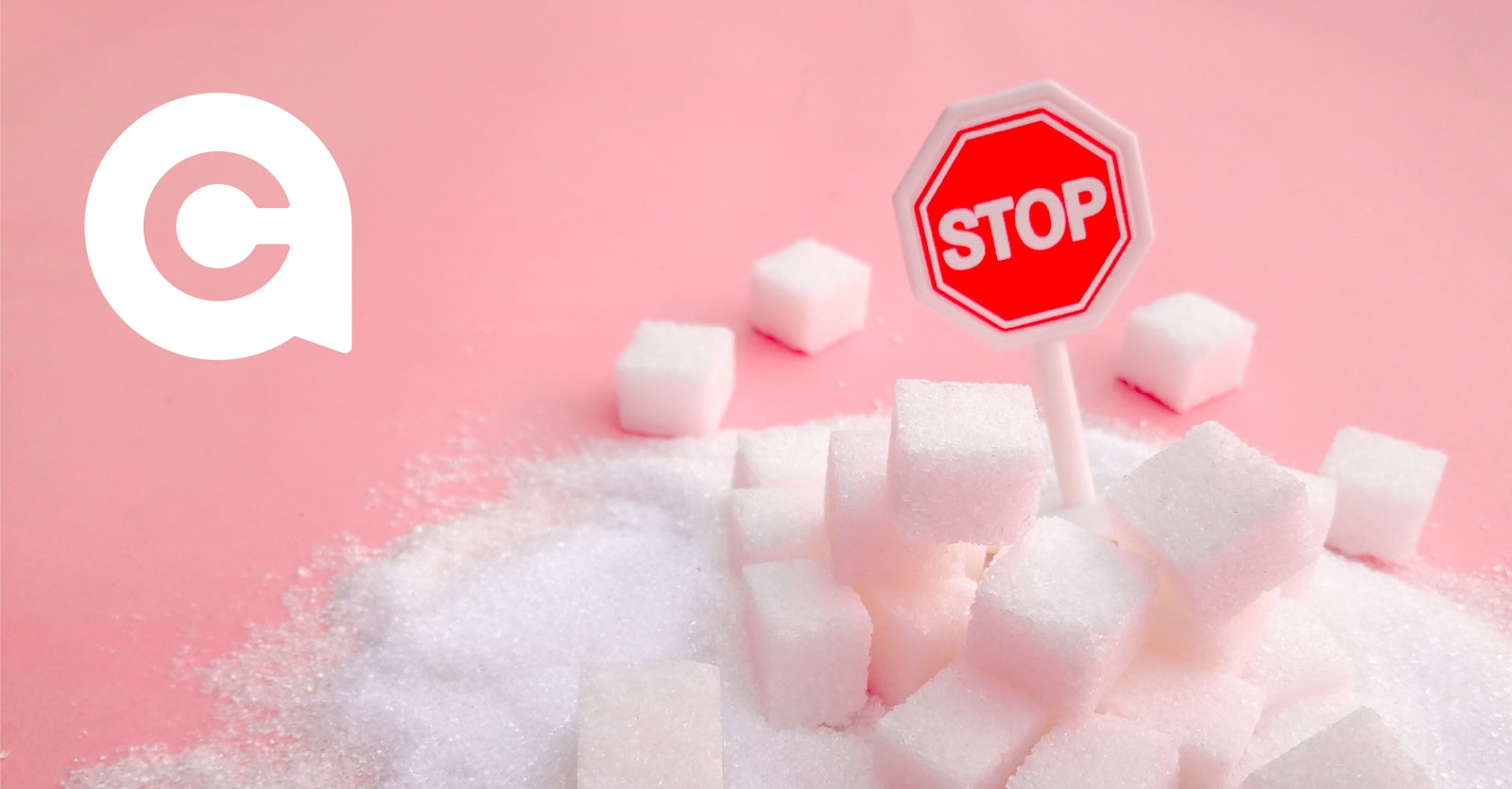Do you know the negative impact of sugar on your health?

Let's explore a prohibition on sugar.
There was a time, in a slightly less modern society (whatever that means anymore) where alcohol was easier to obtain than water. And who could blame the obtainer? It was often healthier to drink your average shot, pint or glass of chardonnay than whatever “fresh” water you could find. Primordial H2O was unsafe and alcohol was great at keeping the bad bugs out of your liquid consumption.
If you combine this with a collective ignorance towards the impact on babies in the womb, our mental health, self control and physical wellbeing; our country had an alcohol problem. As you likely know, a national Prohibition was enacted from 1920 to 1933, and our nation corporately achieved less infant mortality, less admissions to mental hospitals, less arrests for public drunkenness, less absenteeism, and less death due to cirrhosis of the liver.
We made something that used to be supremely common, utterly absent, and completely changed our collective relationship with it on its tipsy turvy head. Yes, there were something like 30,000+ speakeasies operating in NYC alone during that 10 year Prohibition period, but, we gave it our darndest. The Volstead act, government progressives and the American Temperance Party helped a movement take shape and changed our national relationship with alcohol. In some ways, you could say our entire country had a decade-long fasting period, removing or reducing one source of calories from our diets, entirely.
Well, at least some of us.
We tend to look at historic events as black and white. If the objective of prohibition was to remove alcohol from our society, it failed miserably. Yet, if the objective was to change our relationship and societal norms around alcohol for the better, it was a massive success. When something becomes absent, you often begin to understand the role it plays in your life a little more clearly. We’ve all seen a little of that these days.
Perhaps the hyper focus on our collective health and wellness could continue?
What if we could change our relationship with sugar? What if we could set norms, standards and laws for what amount of sugar consumption per day was good or bad for you? We can blame the sugar makers, big candy brands and Willy Wonkas of the world, or we could choose to do a little self reflection and realize there’s a bigger problem. The “titans” of sugar, (Mondelez and Mars), have noted how bad sugar is and how challenging it is to change this consumer behavior.
We are addicted to sugar, as a society. It may be time to consider a prohibition.
We don’t need an entire decade, just a long enough period for everyone to notice the impact that sugar is having on their daily lives and inspires a change in behavior. It wouldn’t be illegal to have any sugar, just consuming too much in any single day. We’d be required to do community service at a dentist office, taste test candy on a 12 hour shift for a week, or anyone with too much sugar would be incarcerated for a 5 day “dry” period. If we can get access to how close people are breathing and celebrating, we can certainly track your sugar purchasing behaviors It would be easy to keep track of how much sugar each household purchases and when black markets start to pop up, we’d employ social controls, rat out your sugar crazed neighbor and get a bounty..
Sure, we’d have our fair share of sweet tooth Al Capone's sliding candy bars under the table. We’d probably even initiate the equivalent of speakeasies for the sugar-free defiant. I’d imagine they’d be windowless warehouses filled with trampolines, nerf guns, maple syrup water slides and barrels of any candy you choose. Guards would be “sugar high” and you’d be required to recite some elusive fact about the invention of the peanut butter cup to get in.
Now we just need the activists and smaller movements to come together around one singular cause. The fitness industry is certainly all in on dealing with some pent up frustration towards our current societal controls. We’d have the sugar addiction center. We have the WHO and NIH giving clear indications of how bad sugar is for us. And, we have a coalition of dentists like mankind has never known. Let’s get them out there on the front lines of protest.
If you start to look around and study the issue, it makes you wonder why no one has done something already? Why do we allow this continued addiction? Even the candy makers (our equivalent pre-Prohibition liquor dealers) are saying sugar is unhealthy and we need to reduce our reliance on it. And, who knows, we could see the equivalent birth of NASCAR (NASCAR and prohibition) from this generation’s prohibition.
Here’s my suggestion, rickshaw races with teenagers amped up on cotton candy, yellow cola and those sugar sticks running around a race track pulling their parents along for the ride (and you thought the Fast and the Furious franchise was entertaining.) We’ll call it the National Association for Stock Teenager Rickshaws And Parents (NASTRAP).
On a more serious note, look for some resources to enlighten yourself and become more aware of the role sugar plays in your day to day life. Here’s a few things you can do;
- Stop counting calories and start counting grams of sugar.
- Take a fresh look at indulgences and find more responsible versions, like Verse Chocolate (1 gram of sugar).
- Read the fundamentals on some of these popular diets (Whole30, Keto, etc), participate if you like, but make sure you really study \ the fundamental behaviors the diet is trying to reinforce before you sign up.
- And, let’s start a sugar prohibition movement. Why not? Anything is possible these days.
Happy Holidays and let’s start 2021 off right.


